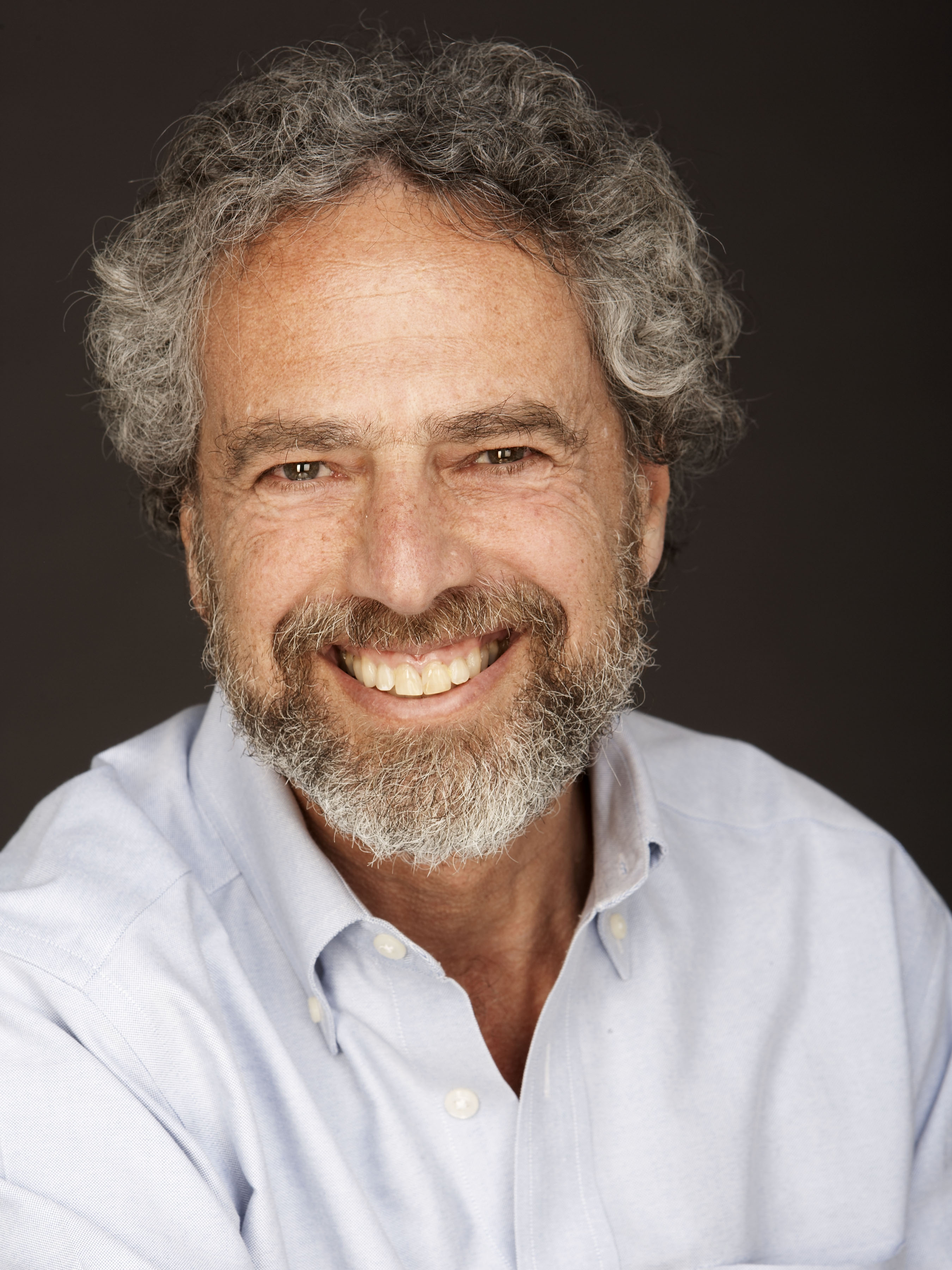David Stroh - Systems Thinking for Personal Transformation & Social Change

My guest today is David Peter Stroh, author of System Thinking for Social Change from Chelsea Green Publishing. During the conversation we talk about the importance of using systems thinking to reach long-term goals that transform ourselves and society. To accomplish this end we need to create a series of small successes, rather than quick fixes, that are in line with and build towards our larger vision.
Along with this, we look at the impact that we can have on positive outcomes by taking personal responsibility for ourselves and understanding our individual roles as part of the problem. We close with David sharing five ways in which human systems differ from natural systems which we should consider as permaculture practitioners. If you work with any kind of system involving people, yourself included, this is an episode to kick your feet up, take notes from, and then give me a call so we can talk about it. There’s a technical, heady, yet accessible conversation ahead.
You can find out more about David and his work at appliedsystemsthinking.com. You can find out more about his book there, or at the site for the publisher, Chelsea Green.
After speaking with David there were a lot of pieces that struck a chord with me, but two in particular that I keep turning back to are regard governing versus espoused values, and the need for personal responsibility. Our governing and espoused values have the space between them, something Ethan Hughes refers to as the integrity gap, and this exists for individuals and organizations as well as systems. On reflection this shouldn’t seem surprising, but how often do we think about that gap? Do you ever consider the impact that that space between desires expressed and actual activity has on your life and the choices you make? For a long time, I didn’t. Doing so involves concentrated effort. Thinking this way, seeing the big pictures, requires serious intent initially until it becomes a habit. Once normalized into our daily practice it turns from ongoing moment-to-moment consideration to require periodic re-evaluation to ensure that we don’t fall into a lull once the pressure stops, as Peter mentioned, or allow old habits to creep back in. We become the guard at the gate of our thinking, taking responsibility for how those thoughts lead to action. Responsibility is something that Bill Mollison implores us to have in The Designers’ Manual, where he writes:
"The only ethical decision is to take responsibility for our own existence and that of our children. Make it now." (Emphsasis in original)
This Bill calls The Prime Directive of Permaculture. Though it speaks to ethical actions, it is on page one of the big black book of permaculture, coming before the ethics that we commonly think of, before discussing any principles. This is what one of the founders of permaculture opens his seminal work with. That we must make this decision now is in bold, and speaks not to just this moment, but also to the future. Our children. Though we might fall into individualistic perspectives, I also read this as a collective call to action. To take responsibility for our own existence, but that our and own reaches out to our community, of our genetic or adopted descendants, but also of those who live in our neighborhoods. The future generations that call a place home with us, in the homes down the street or across town that connects us.
There is plenty of talk about the other ethical entreatments, such as Earth care, or people care, and debate of what exactly the third ethic is in the current era, but I don’t hear this prime directive in discussion very often. Let’s talk about it more. In thinking about responsibility and what taking hold of it for our existence and that of our children would look like, I don’t have an answer for any life but my own. If we start talking about what this looks like for ourselves, we can start to find more answers and more solutions.
So, what does personal responsibility mean for you? Have you recognized how you are a part of the problem? What works? What doesn’t? Let me know, I’d love to hear from you. Continue the conversation by leaving a comment below.
Resources:
Applied Systems Thinking (David’s Site)
Systems Thinking for Social Change
Chelsea Green Publishing


